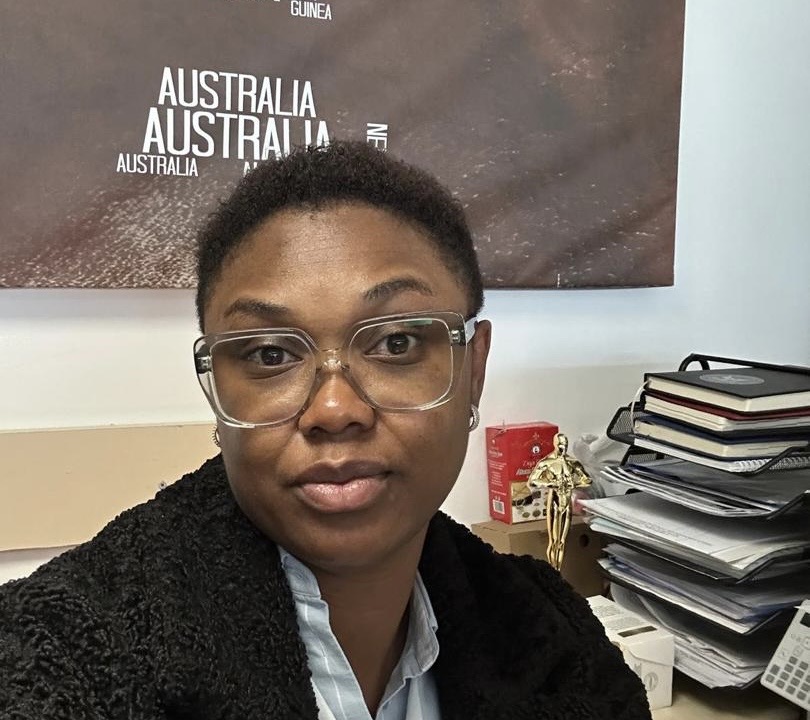
In a compelling and timely contribution to occupational health and safety, Abosede Omowunmi Tibetan, a passionate researcher with a heart for humanity, has published a groundbreaking study titled “The Role of Communication in Mitigating Workplace Stress in the Construction Industry.” Her work offers a vital examination of how effective communication strategies can significantly alleviate stress among construction workers, a population often subjected to high-pressure environments and occupational hazards.
Omowunmi, who hails from Lagos, Nigeria, grew up in a medical family where the value of health and well-being was deeply ingrained. A graduate of Bowen University, she later pursued her postgraduate studies abroad, with a dedicated focus on occupational health. This commitment led her to explore deeper issues facing workers across industries, especially the often-overlooked psychological and emotional burdens they bear.
Her latest research highlights how structured communication channels—such as regular team meetings, open dialogue platforms, and transparent information-sharing systems—can dramatically reduce workplace stress. The study, supported by empirical data, provides clear evidence that when organizations communicate effectively, workers experience improved mental well-being and job satisfaction, and employers benefit from enhanced performance and reduced turnover.
Omowunmi’s research calls on policymakers and industry leaders to take practical steps in implementing her findings. As she rightly points out, the life and mental health of every worker is essential, not just for productivity, but for the overall fabric of a healthy society. In environments like construction, where the stakes are high and the pressure is immense, her work couldn’t have come at a better time.
Her scholarly excellence and compassion for worker welfare shine through this research, reinforcing the importance of addressing workplace stress with intentional and strategic solutions.
Abosede Omowunmi Tibetan has not only made a strong academic contribution but has also spoken on behalf of countless workers whose struggles are often unheard. Her dedication serves as a beacon for future researchers and a call to action for organizations and governments alike. With professionals like her leading the charge, the future of occupational health is in promising hands.
WATCH TOP VIDEOS FROM NIGERIAN TRIBUNE TV
- Let’s Talk About SELF-AWARENESS
- Is Your Confidence Mistaken for Pride? Let’s talk about it
- Is Etiquette About Perfection…Or Just Not Being Rude?
- Top Psychologist Reveal 3 Signs You’re Struggling With Imposter Syndrome
- Do You Pick Up Work-Related Calls at Midnight or Never? Let’s Talk About Boundaries






